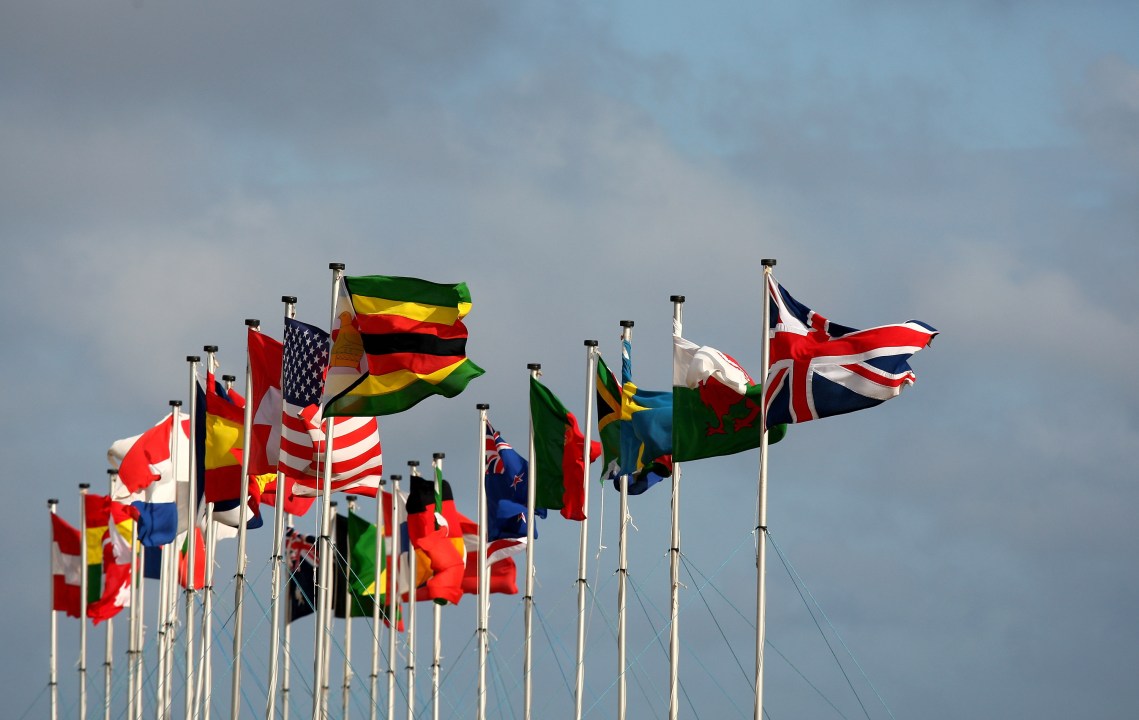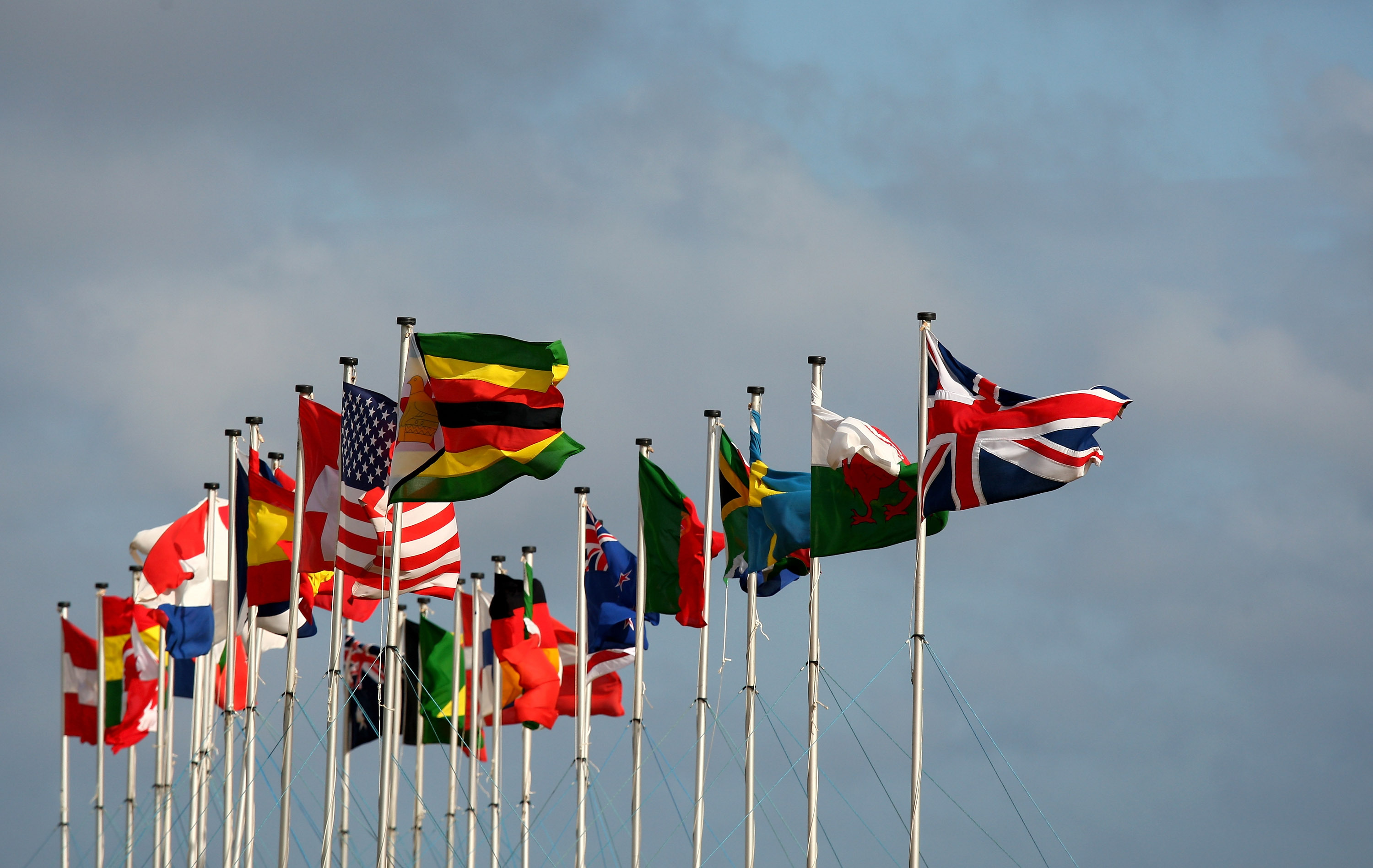 If the Tories win power (still a big “if” these days), William Hague will walk into King Charles Street, be greeted by the FCO’s Permanent Secretary Peter Ricketts, meet his new staff and be briefed on the Office he will lead and the foreign challenges Britain faces. There will be plenty on his plate. Calls from foreign dignitaries, preparations for forthcoming summits, a discussion of key priorities, and suggestions for how to reorganise the machinery of government. There will also be a need to prepare the FCO’s contribution to a cost-cutting exercise.
If the Tories win power (still a big “if” these days), William Hague will walk into King Charles Street, be greeted by the FCO’s Permanent Secretary Peter Ricketts, meet his new staff and be briefed on the Office he will lead and the foreign challenges Britain faces. There will be plenty on his plate. Calls from foreign dignitaries, preparations for forthcoming summits, a discussion of key priorities, and suggestions for how to reorganise the machinery of government. There will also be a need to prepare the FCO’s contribution to a cost-cutting exercise.
But there ought to be an early discussion about how the world is changing and the new context of Britain’s foreign policy. The world is still experiencing the most dangerous financial and economic crisis since the 1930s. But as the FT’s Martin Wolf has said, “it is also a crisis for foreign policy: a deep recession will shake political stability across the globe.” Here are a number of key trends that any new occupant in the gilded Foreign Secretary’s office ought to consider.
i) A smaller US. The most important change is the “minimisation” of the US and its credibility across the world. It will force the US to look inwards, and has in some ways already done so; it will mean a more realist conceptions of interests (see links with China and Russia) and it will undermine its role as a proponent for free-market capitalism (and perhaps even laissez-faire economics).
ii) The rise of the lynchpin states. These are the middling powers, the sub-BRIC strata of states, that are becoming increasingly important in the international systems, vital even to solve many problems, and certainly able to block progress. They include Chile, Indonesia, Mexico, and South Korea.
iii) The return of “hard” security. The world was meant to be focused on risks, and trans-global issues, not state-based threats. But with the collapse of the Copenhagen negotiations and, as Richard Gowan says, rising nationalist and populist forces at home, hard security issues are coming back, while the odds for preventing inter-state competition (whether in Central Asia, Latin America or the Gulf) are diminishing.
iv) The creation of the “Turkosphere”, a virtual empire, mapping on to the Ottoman Empire, that stretches from the Balkans, Central Asia and the Middle East – and into the EU – where the Ankara government is exercising increasing influence and promoting businesses, and championing its brand of Islam.
v) The death of Gaullism. The most resonant piece of evidence for the death of Gaullism was the feebleness of the resistance against France’s full return into Nato’s military integration. As Thomas Klau notes: Sarkozy is the final nail in Gaullism’s coffin, Dominique de Villepin its last hurrah.
vi) Germany’s introspection. For decades, Berlin’s steadfast Europeanism was a given, while the country slowly but surely normalised its international role. This has now seemed to stop. Germany is turning inwards, reverting to its erstwhile pacifism, and no longer seems interested in promoting EU solutions.
vii) The retirement of Japan. Some states are in decline, others are rising, but Japan is simply retiring. Tokyo is simply withdrawing from world affairs (see for example the withdrawal of forces from the Afghan theatre) and is accepting the future shape of a post-American Asia, dominated by China.
vii) The explosion of SAHEL. The ungoverned/misgoverned territory stretching from the Horn of Africa to the Western Sahara’s Atlantic coast is emerging as tomorrow’s trouble spot. Drug-smuggling, underdevelopment and misrule in Mali, Niger, Chad and Mauritania, makes the region ripe for Al Qaeda.
ix) Mosaic multilateralism. The formal, institutionalized nation-state multilateralism, which has characterized much of the Cold War period is disappearing to give way to a new form of multilateral cooperation, which accords more power to the BRICs, includes non-state actors like the IPCC, and will see the return of “coalitions of the willing” inside formal organizations like NATO.
x) The re-birth of exportism and foreign economic policy. Not quite neo-mercantilism, the economic crisis is making states focus their foreign policies on encouraging exports and national industries and reap the benefits that accrue. France’s arms deal with Russia is a good example; it was a commercial decision dressed up in strategic rhetoric.
xi) The end of value-promotion. The realism brought about by the economic crisis in the West, the vicissitudes of the War on Terror, the undermining of democracy in several EU member-states, and the global attractiveness of Russia’s “Sovereign Democracy” and China’s authoritarian capitalism means that it will be harder to promote liberal values, including democracy and human rights concerns.
xii) No “rogues”. Finally, as Nader Mousavizadeh noted, the world that created “rogue states” is gone. The idea of “the rogue state” assumed the existence of an world community, unified to support certain values and interests, and different than the renegades who broke the rules. But this community has disappeared. The “international community” as defined by Western values is a fiction, and that for many states the term “rogue” applies to the US and Britain as much as to Venezuela.
I have probably missed a number of trends, while others have not yet become apparent. There are those people who will accuse me of being too state-centric – I’m guilty as charged. But, while there are plenty of transnational issues and actors to contend with, I think nation states remain the dominant player in world affairs. Others will say I have missed some cross-cutting issues, like energy and climate change. Perhaps, but these are already well-known, high on the Tory agenda and dealt with in the FCO.
The big omission – and answer to what Britain ought to do about all this – has been consciously omitted for a very simple reason: I have no clue. But the Foreign Office should know which trends a new British government should row with, which ones they should oppose and which new ones they should seek to encourage. I can already see the shape of the Foreign Secretary’s first request to his new department.







Comments